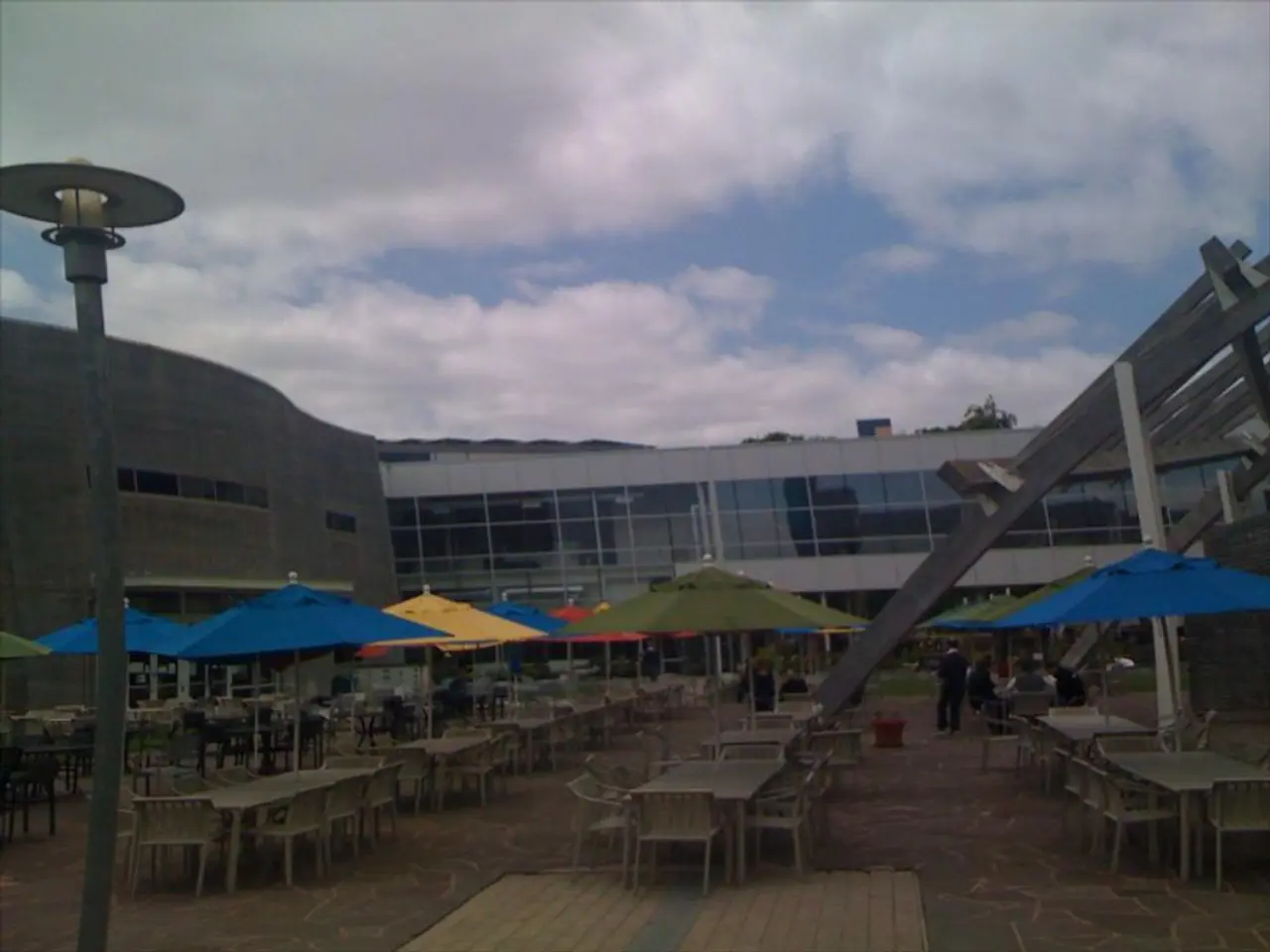SYRIA AND SAUDI ARABIA GEAR UP FOR ECONOMIC TIES
Syria and Saudi Arabia commit to enhancing economic collaborations
After the announced easing of Western sanctions on Syria, particularly by President Donald Trump in 2025, economic interactions between Saudi Arabia and Syria are set to take off. This shift promises flourishing opportunities and intricate consequences for Syria's battered economy.
Opportunities Aplenty
- Renewal of Infrastructure and Sector Growth
- Syrian Foreign Minister Asaad al-Shibani hinted at a new phase of investment and economic cooperation with Saudi Arabia, paving the way for substantial investments in Syria's infrastructure and domains like energy, agriculture, and tourism[4].
- Saudi investments could potentially rejuvenate Syria's war-ravaged infrastructure, aiding stability and growth.
- Enhanced Trade and Access to Markets
- Lighter sanctions might ensure better international market access for Syria, potentially boosting trade volume and revenue.
- Saudi Arabia, being a regional powerhouse, could facilitate Syria's integration into regional trade networks further.
- Economic Diversification
- Boosted by economic cooperation, Syria's economy could witness diversity, moving away from dependence on conventional sectors, thereby promoting growth in new industries.
Implications to Ponder Over
- Growth and Stability
- The surge in foreign investments and increased trade might spark economic growth, stabilizing Syria's tottering economy.
- However, the rate of growth would heavily depend on how efficiently Syria integrates these investments and manages its economic reforms.
- Political Influence and Diplomatic Ties
- Improved economic relationships could draw tighter diplomatic bonds between Syria and Western nations, together with other regional forces.
- These alliances might also demand political reforms and alignment with regional diplomatic ventures, like the Abraham Accords[2].
- Reliance on External Influences
- A dependence on external investors, notably from Saudi Arabia, could increase Syrian economy's vulnerability to global market fluctuations and geopolitical changes.
- This dependency may also curtail Syria's sovereignty in making fiscal and political decisions.
In a nutshell, the lifting of sanctions and the burgeoning economic bond between Saudi Arabia and Syria present ample opportunities for economic growth and reconstruction. However, these potential benefits are balanced with challenges linked to political influence, economic stability, and reliance on external factors.
- Boosted by investments from Saudi Arabia in sectors like energy, agriculture, and tourism, the finance industry in Syria could witness a significant expansion, contributing to the growth of various businesses.
- As Syria's economy grows and becomes more diverse, it may face increased reliance on foreign investors, particularly from Saudi Arabia, which could lead to potential political implications, especially in terms of Syria's sovereignty and adherence to regional political alliances.








